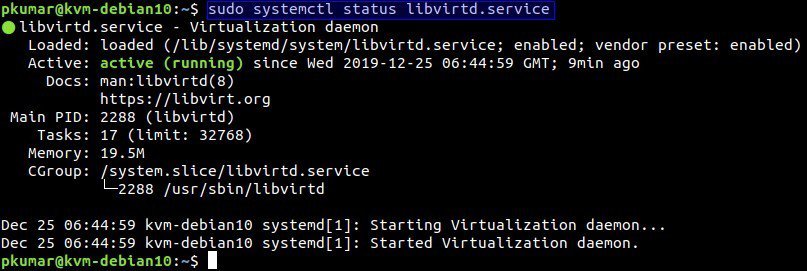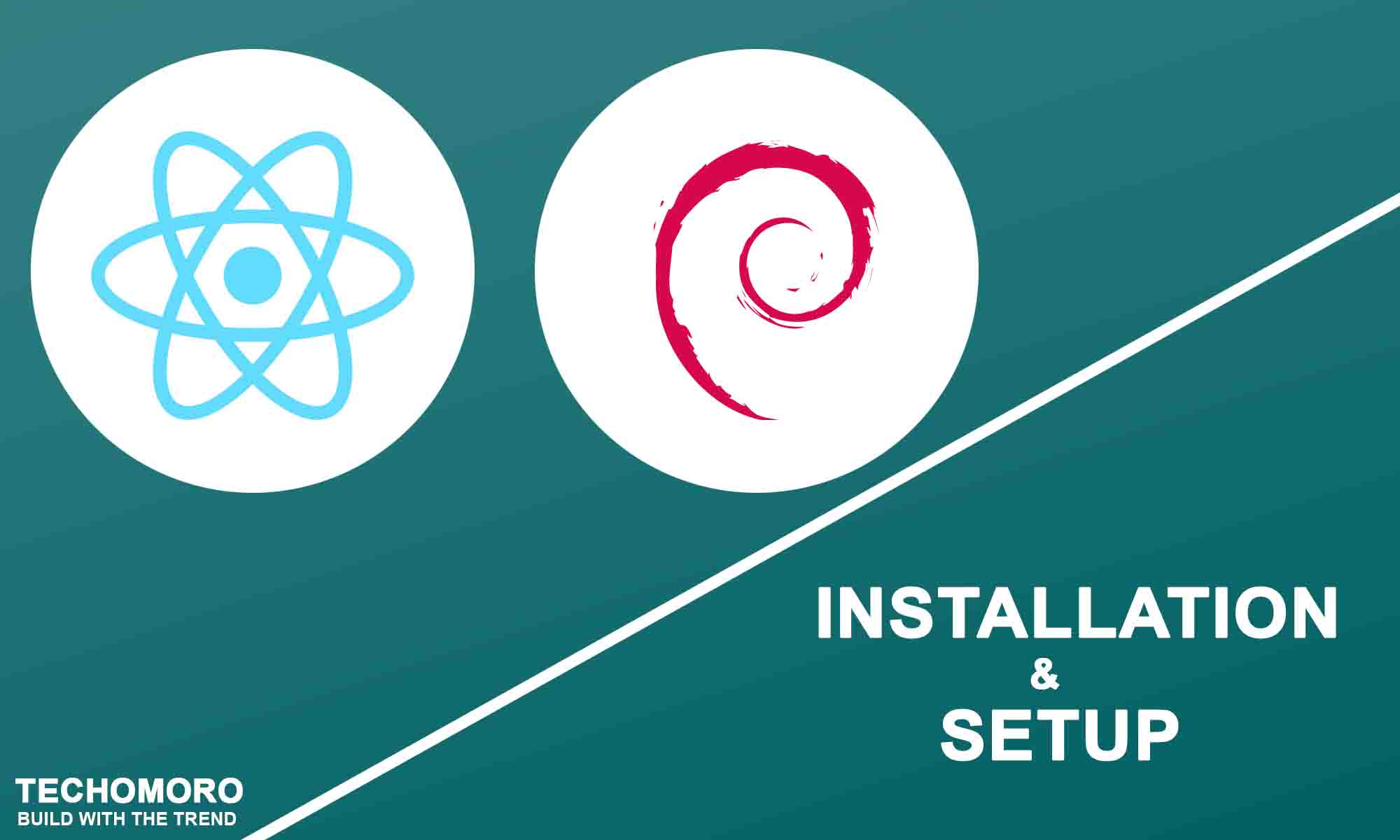


Systemd will happily ignore cgroup and you will end up with two or more dhclient processes which will fight for control over the network interface. This is important, because now when you run systemctl stop rvice & systemctl start rvice If you use DHCP on your network, the network interface configuration and dhclient process should use its own cgroup instead of being in a rvice cgroup.
#Debian buster restart network install#
I'm not sure when the specific decision happened, but on Debian Stretch the units are used by default - you can see this on a fresh Stretch install by looking at systemctl status output. Of course when you use the units, the rvice unit doesn't know about them at this point, and doesn't really care about them - it might obliterate your current network configuration and leave the system in an undefined state, so if you switch to the method, you should stop using rvice unit.Įnter Debian Stretch. You can still of course do this for testing, just don't rely on these commands in your scripts and use systemctl calls instead. With this method, usage of the ifup and ifdown commands directly is discouraged, because the child processes created by these commands will land in your own cgroup instead of a separate one. The interface units are autogenerated and use the /etc/network/interfaces configuration files, so what you can do to restart a specific network interface is running: systemctl stop & systemctl start will restart the eth0 network interface. What systemd unit does is it allows to control ifupdown interfaces via separate systemd cgroups which is awesome when you use DHCP via dhclient or some other processes which you might want to control in their own separate cgroups. I cannot find where unit was in Jessie on but looking at this old Reddit thread you can see that it's already present in Jessie. But at that point this method was already deprecated and its use was discouraged, you were supposed to stop and start the interfaces using ifdown and ifup commands.Įnter systemd. In Jessie, running systemctl restart rviceĭid what you expected, restarted all network interfaces. In Debian Jessie, rvice was in fact still an old sysvinit script which worked sensibly, and called the ifup and ifdown scripts by itself. It comes to how ifupdown scripts, udev and systemd interact together in Debian Stretch and later. The answer to your question is complicated and hard to piece together from multiple sources. Tl dr: systemd and ifupdown in Debian Stretch don't want to work together in a sane way, but you can force them to do so with some scripting, or switch to systemd-networkd.


 0 kommentar(er)
0 kommentar(er)
